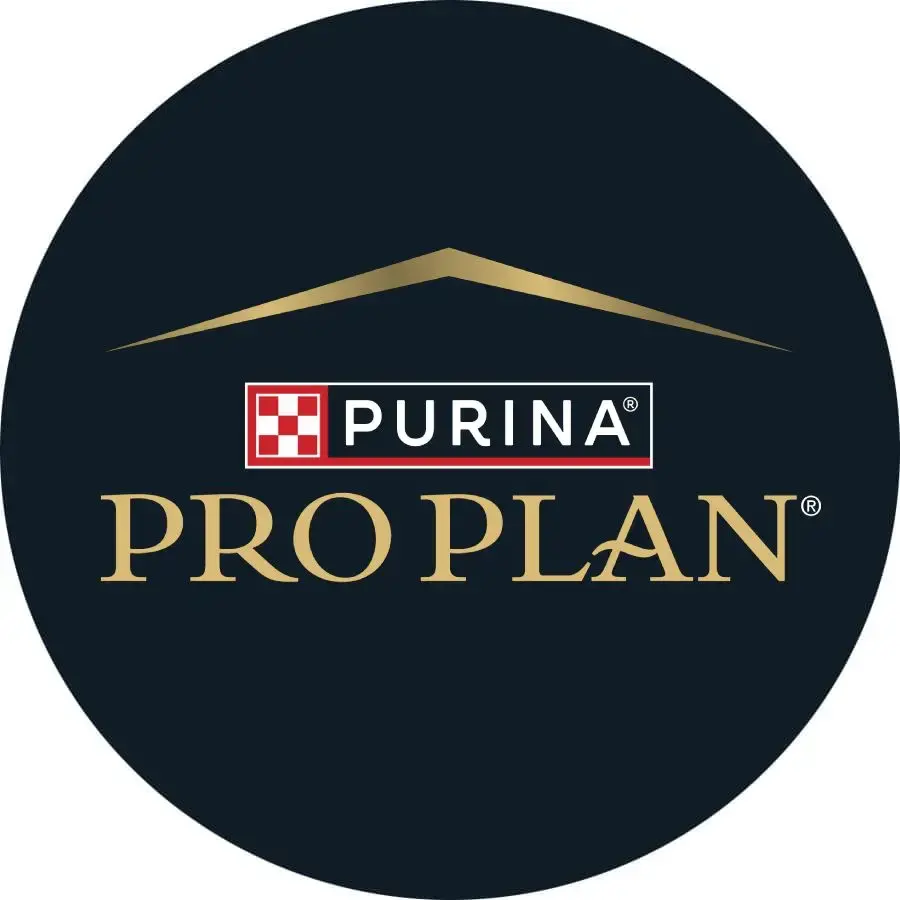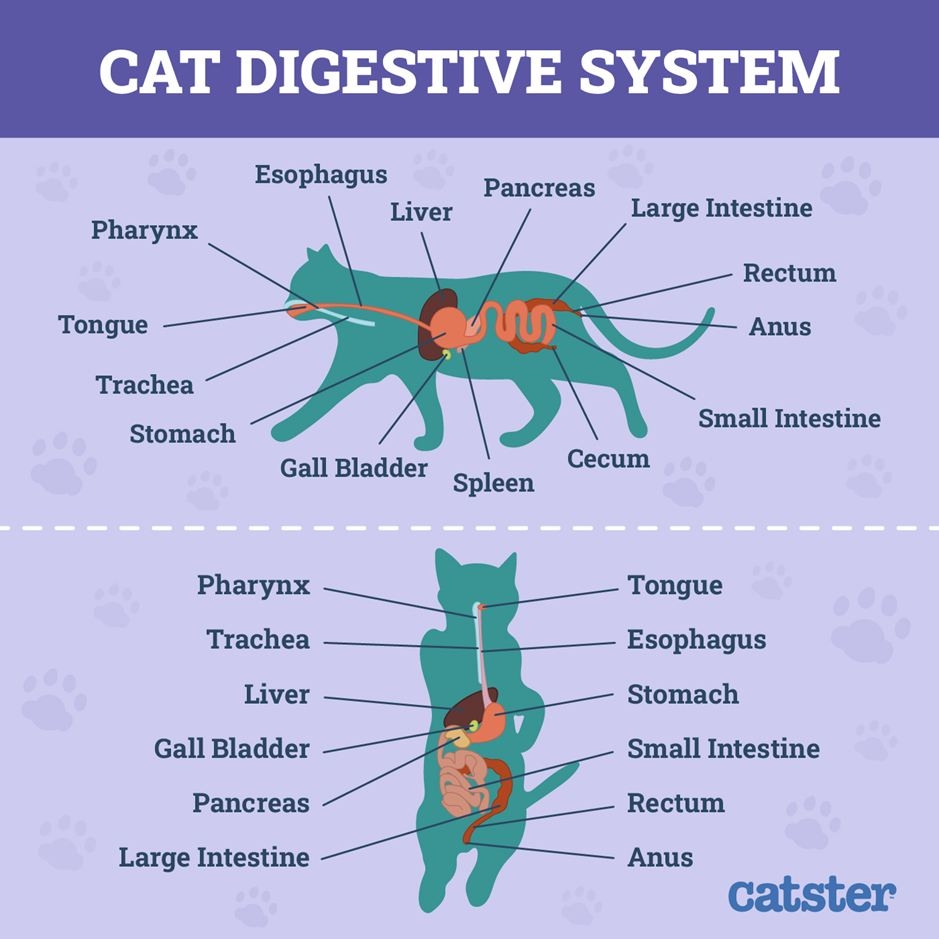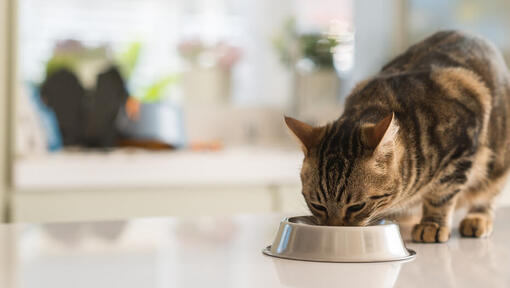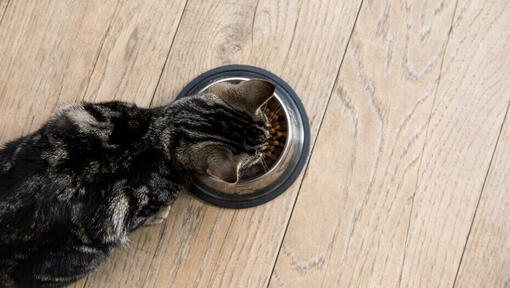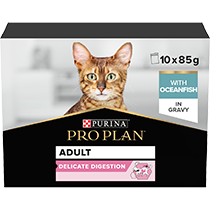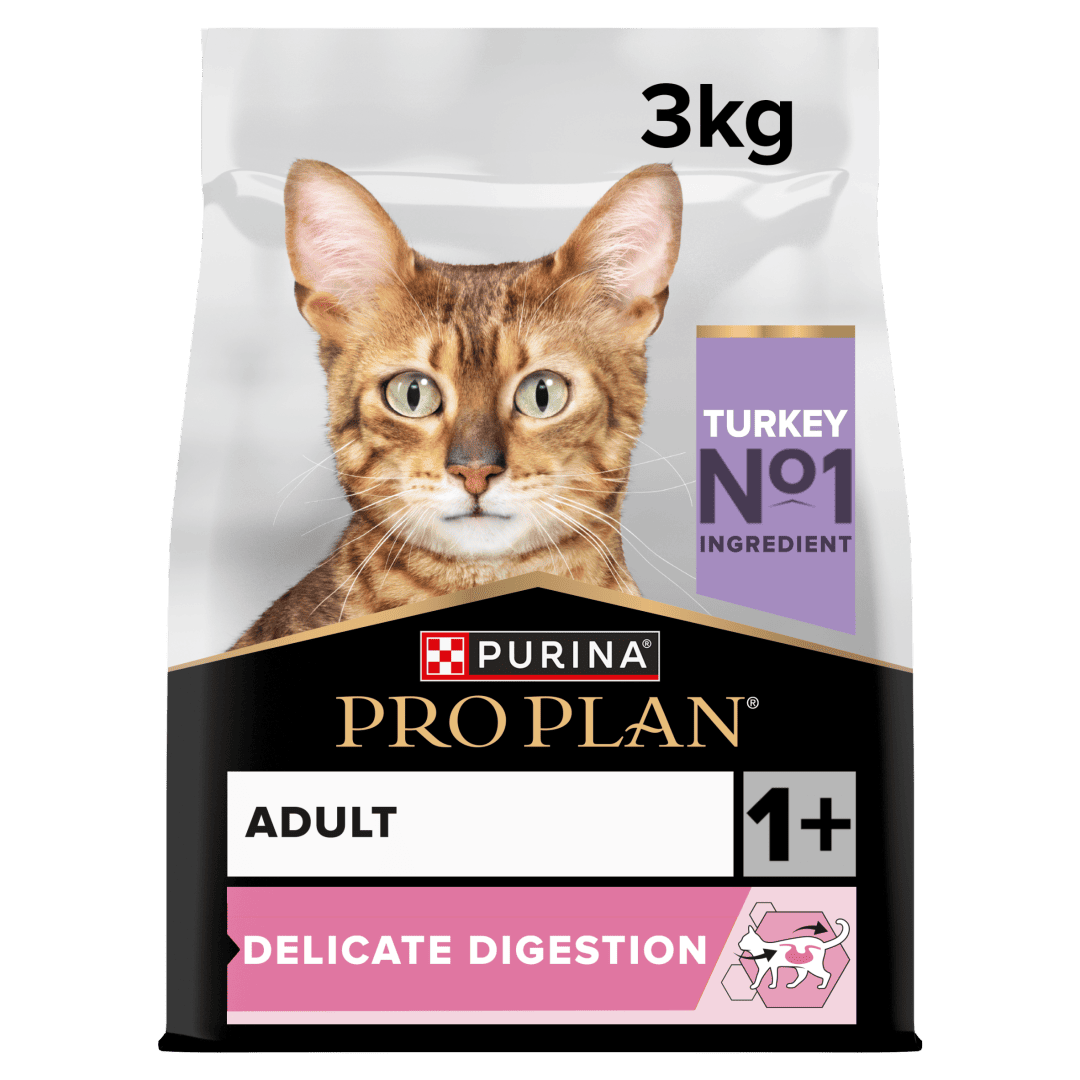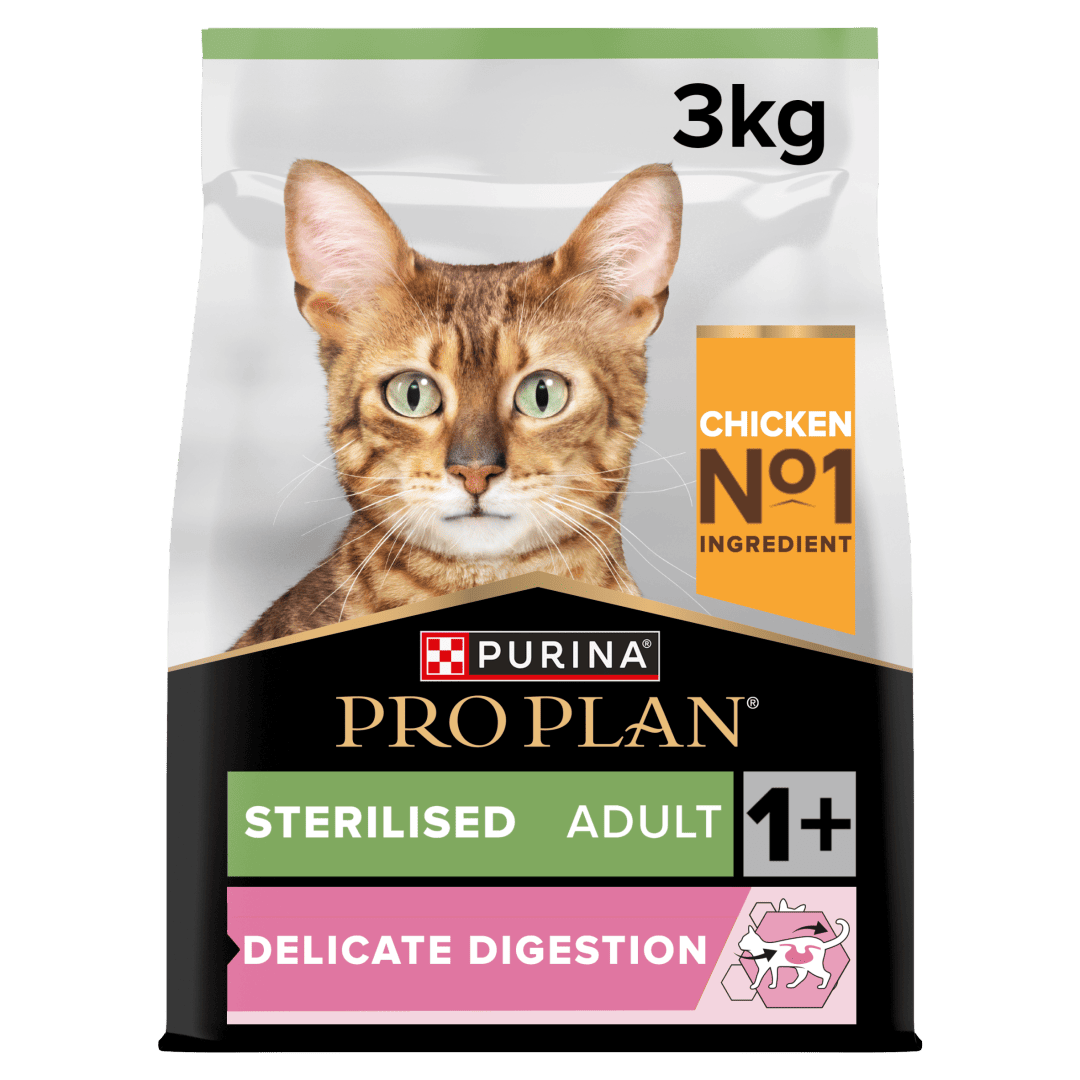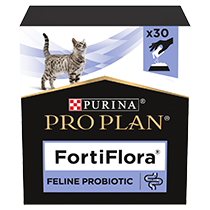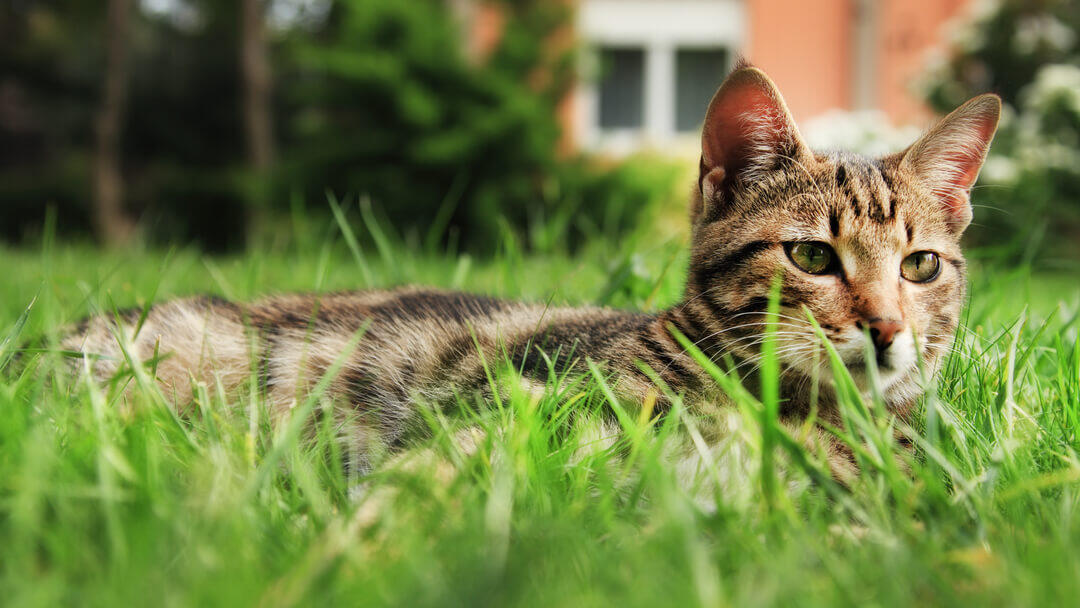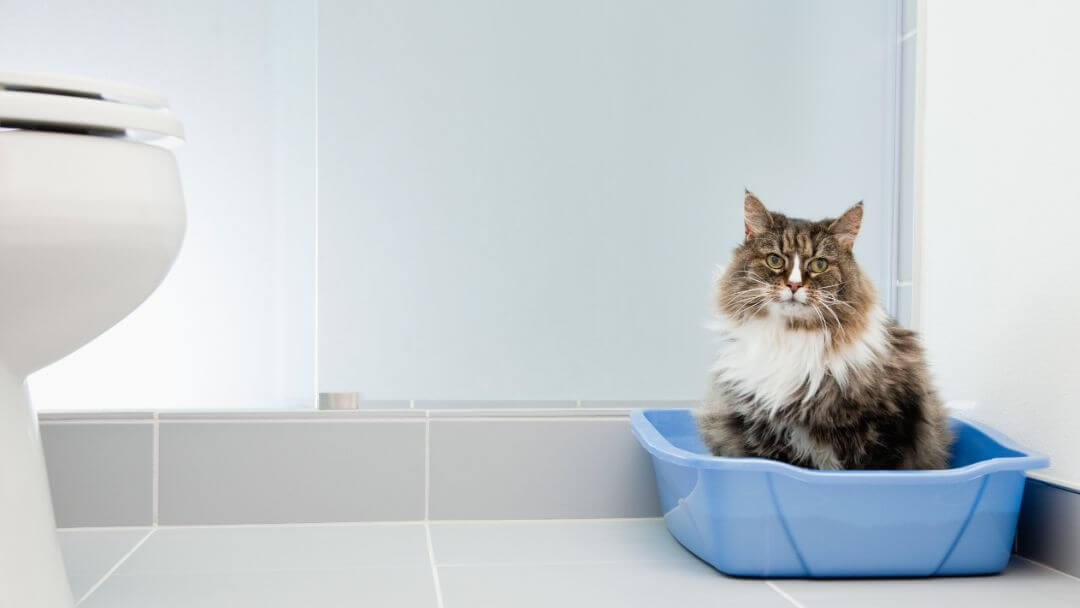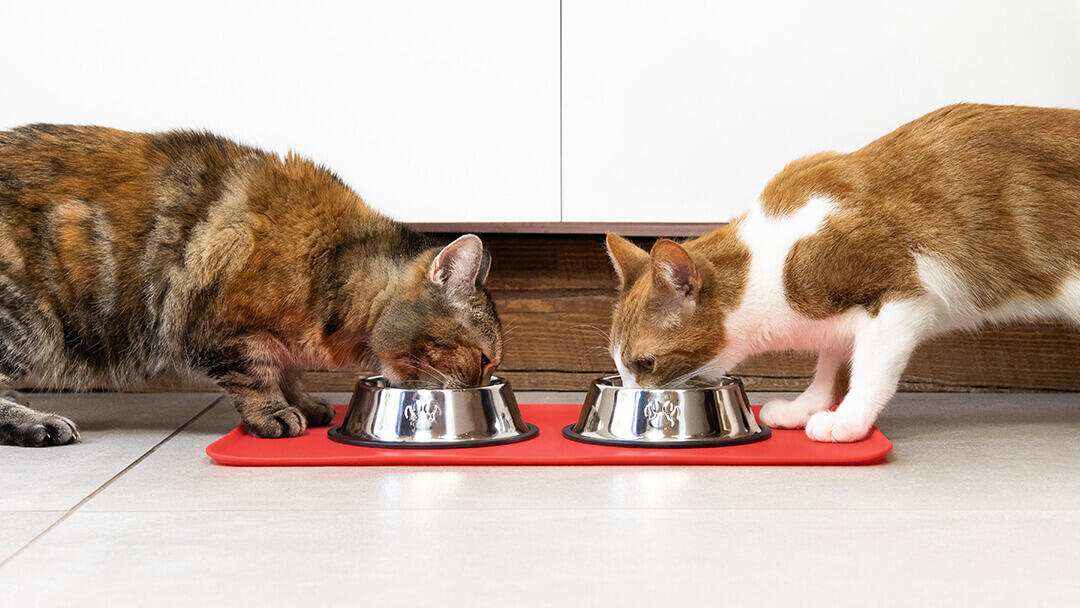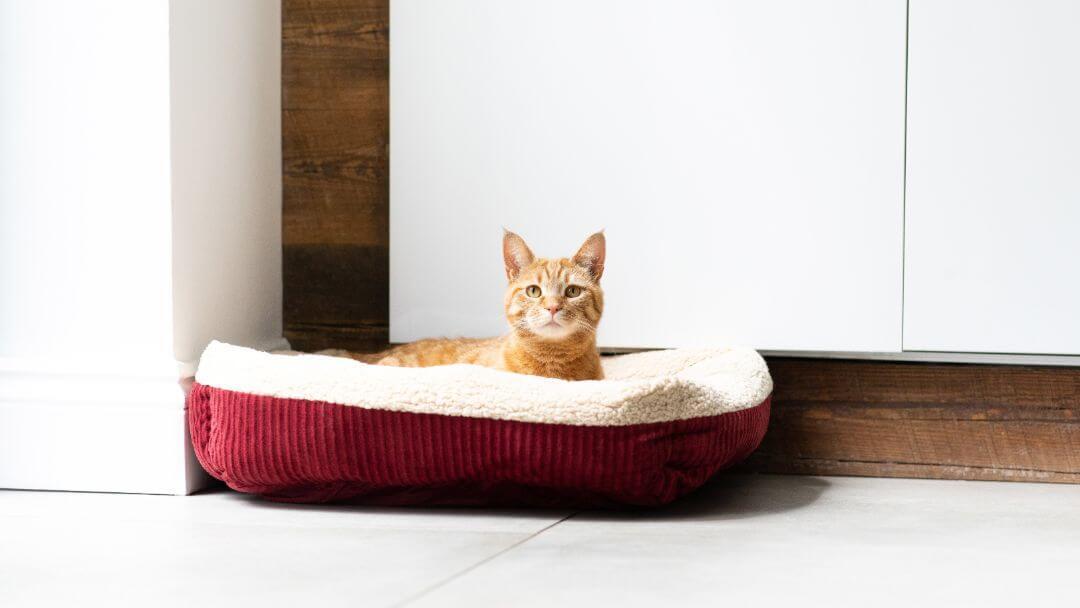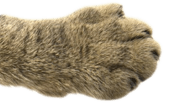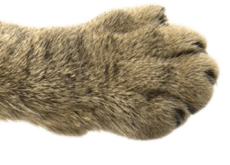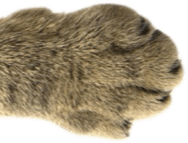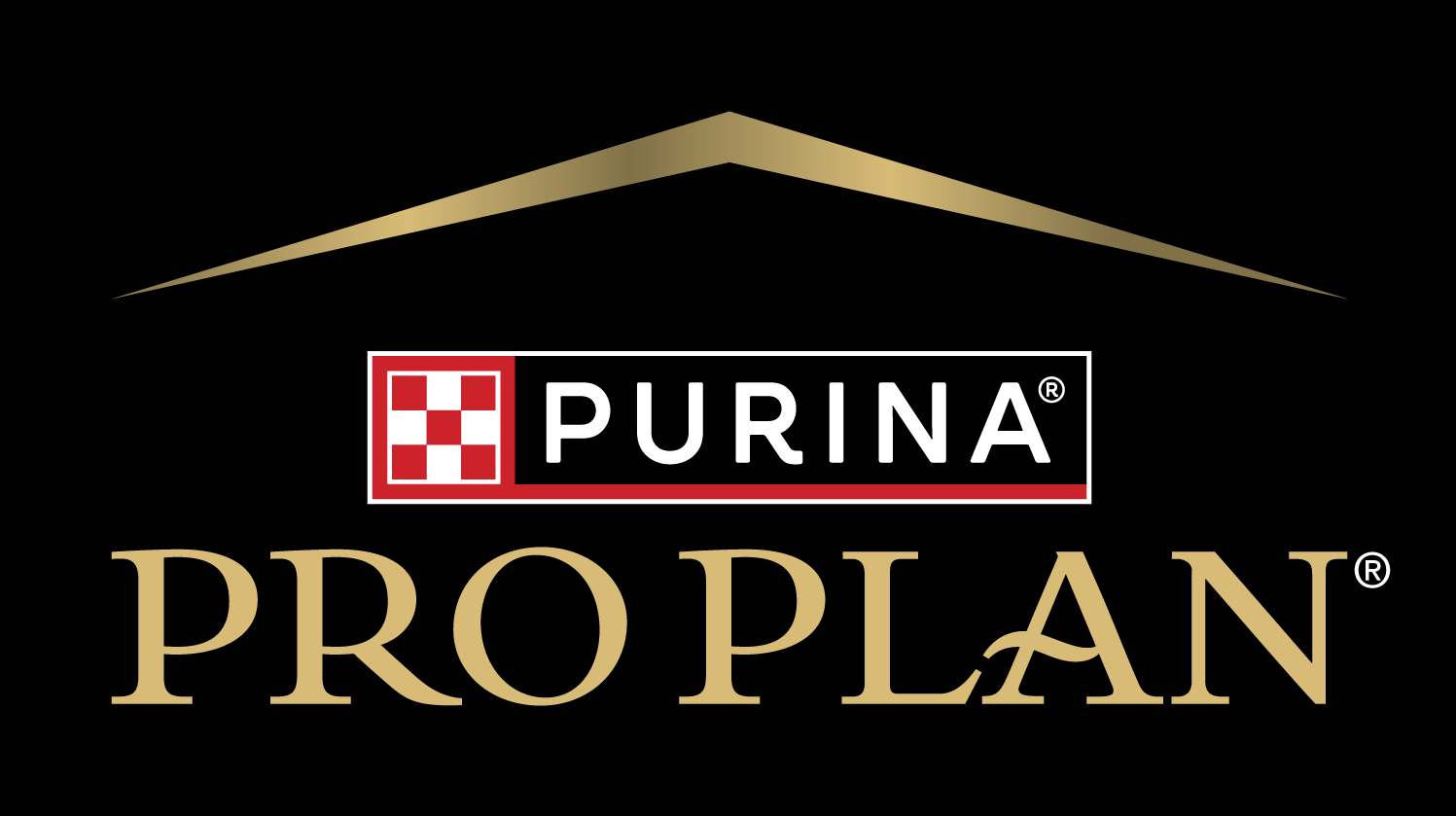

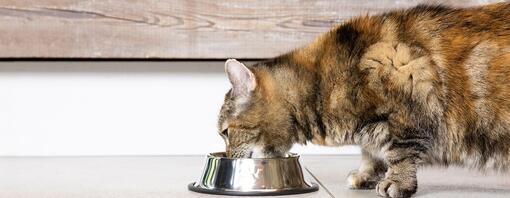
Importance of digestion in cats
A cat's digestive system is so important for their health. It breaks down food into nutrients, giving the cat energy and supporting its body functions. As carnivores, cats need a digestive system that properly processes meat. Proper digestion ensures they absorb vital proteins, fats, and vitamins, helping them maintain muscle strength, immune function, and overall wellbeing. A healthy digestive system also helps them stay hydrated and with waste removal, which are vital for a cat to live a long and healthy life. In short, good digestion is fundamental for a cat to thrive.
Understanding Your Cats’s Digestion Process
The process of cat digestion:
- Mouth: Food is chewed and mixed with saliva whilst water is swallowed.
- Oesophagus: Food and water travel down the oesophagus to the stomach.
- Stomach: Food is broken down by stomach acid and enzymes and water is absorbed.
- Small Intestine: Most nutrients are absorbed into the bloodstream whereas water is absorbed.
- Large Intestine: Water and electrolytes are absorbed, and waste products are formed.
- Rectum and Anus: Waste is stored in the rectum and then eliminated through the anus.
How Long Does Digestion Take in Cats?
In a healthy cat, dependent what they have eaten, digestion of food will take between 10 and 36 hours. Cats are obligate carnivores which means that they must eat meat. This is reflected in the fact that their teeth evolved for slicing rather than chewing. As a result, when cats eat, they swallow the meat in chunks and so it takes longer to process it than if they gnawed it first.
Causes of Digestive Problems in Cats
There are several possible reasons for digestion problems in cats, but the most common are related to them accidentally ingesting hard, non-food objects. When swallowing something that isn’t food like sticks, plastic, or even small stones, blockages can easily occur. If you think this could be the case, be sure to contact a vet as soon as possible because this problem can seriously impact your cat’s digestion, and even be fatal, if it’s not dealt with immediately.
Plants and other vegetation can also cause blockages as the cat digestive system cannot process plant material very well. Therefore, it’s important to also keep this in mind if you have decorative plants around the house or if you have a garden that your cat explores – especially if you see them nibbling on grass or other plants.
Another possible cause for digestion problems in cats is a parasitic infection. The common symptoms of these infections range from dehydration and weight loss to abdominal discomfort. Although this might sound scary, rest assured, these problems can be easily treated with medication and better still, totally prevented by a veterinary approved parasite management programme.
While it’s perfectly normal for cats to ingest hair during the grooming process, if they’re ingesting more than normal, this can also affect their digestion. This is most likely in long haired cats and especially if they are moulting. Excessive grooming resulting in hairballs can however be a sign of stress or anxiety – or boredom -, so if you see changes in your cat’s behaviour this could be the cause.
Signs Of Cat Digestive Problems
If your cat is not digesting food properly, one of the most common signs is poorly formed stools, or even diarrhoea. Your cat might vomit, lose weight, have a dull coat, or appear listless. Plus, if there’s a change in your cat’s bathroom routine or if they suddenly have no appetite or energy, this could also be an indication that they’re struggling to digest their food. Whenever you see any of these symptoms and are concerned about your cat’s digestion, contact your vet for advice.
How To Support Your Cat’s Digestion
Giving your cat the best quality food will help optimise digestion. But if your cat has a sensitive stomach — or even a mild digestive upset — you can help by feeding them a diet with the following benefits:
- High-quality digestible ingredients to reduce their intestinal workload.
- Selected protein sources to reduce the risk of adverse gastrointestinal reactions.
- Highly digestible proteins to help improve food tolerance.
- Prebiotics to help improve the balance of gut bacteria.
- Fibres to support gut cells and ease movement through the gut.
As aways, if there are any changes to your cat’s digestion, appetite and another other symptoms that are unusual or cause concern, visit your vet for advice straight away.
Discover The Benefits of Friendly Bacteria
Probiotics (live beneficial bacteria) can also be useful aids for digestion in cats. Ask your vet about PURINA® PRO PLAN® Feline FortiFlora®, which is proven to promote intestinal health and the microflora balance in cats (especially in stress situations). It is also proven to improve faecal quality in kittens.
Now that you’ve learned how to improve help your cat’s digestion, next read about what to do in case your furry friend is also a fussy eater.
A healthy digestive system is key to keeping your cat happy and full of energy. From the moment food enters their mouth, every step of digestion helps absorb nutrients, maintain hydration, and support overall wellbeing. Understanding how this process works especially the unique needs of your cat can help you make the best choices for them. Being aware of common digestive issues like obstructions, parasites, and hairballs, as well as spotting early warning signs, lets you act on issues when they arise. Providing a high-quality, easily digestible diet and considering the benefits of prebiotics and probiotics can make a big difference in their comfort and long-term health. So, make sure to prioritise your cat’s digestion.
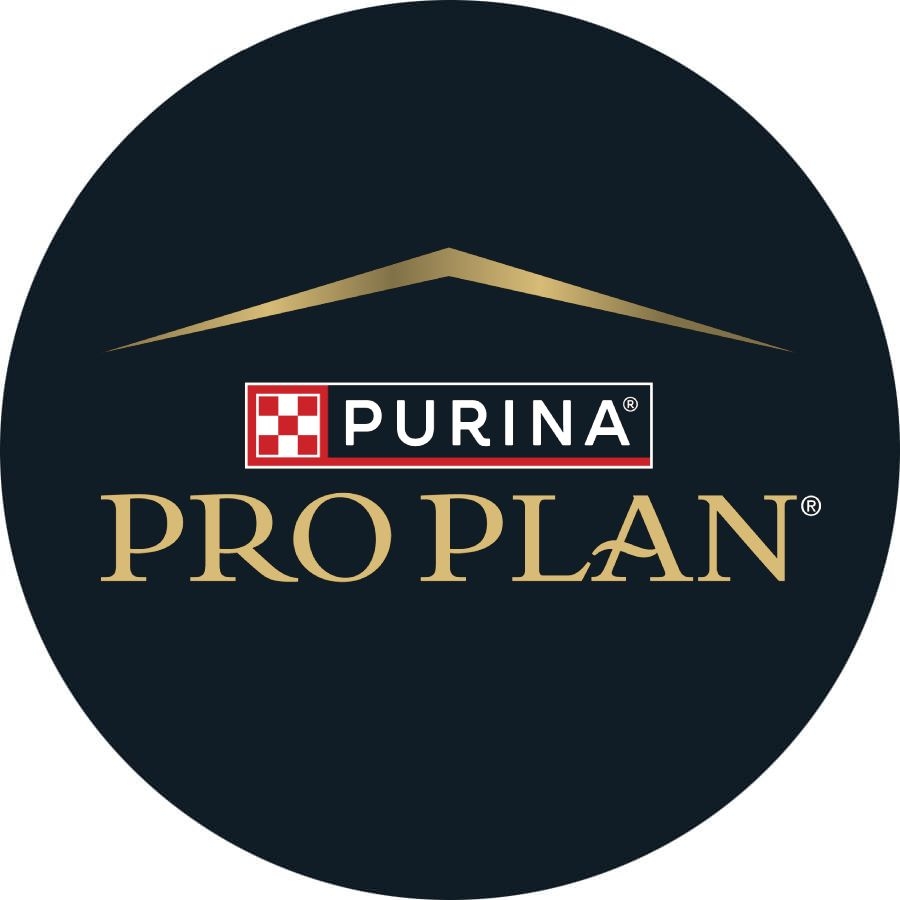
Shop cat food for sensitive digestion:
More articles by Pro Plan:
